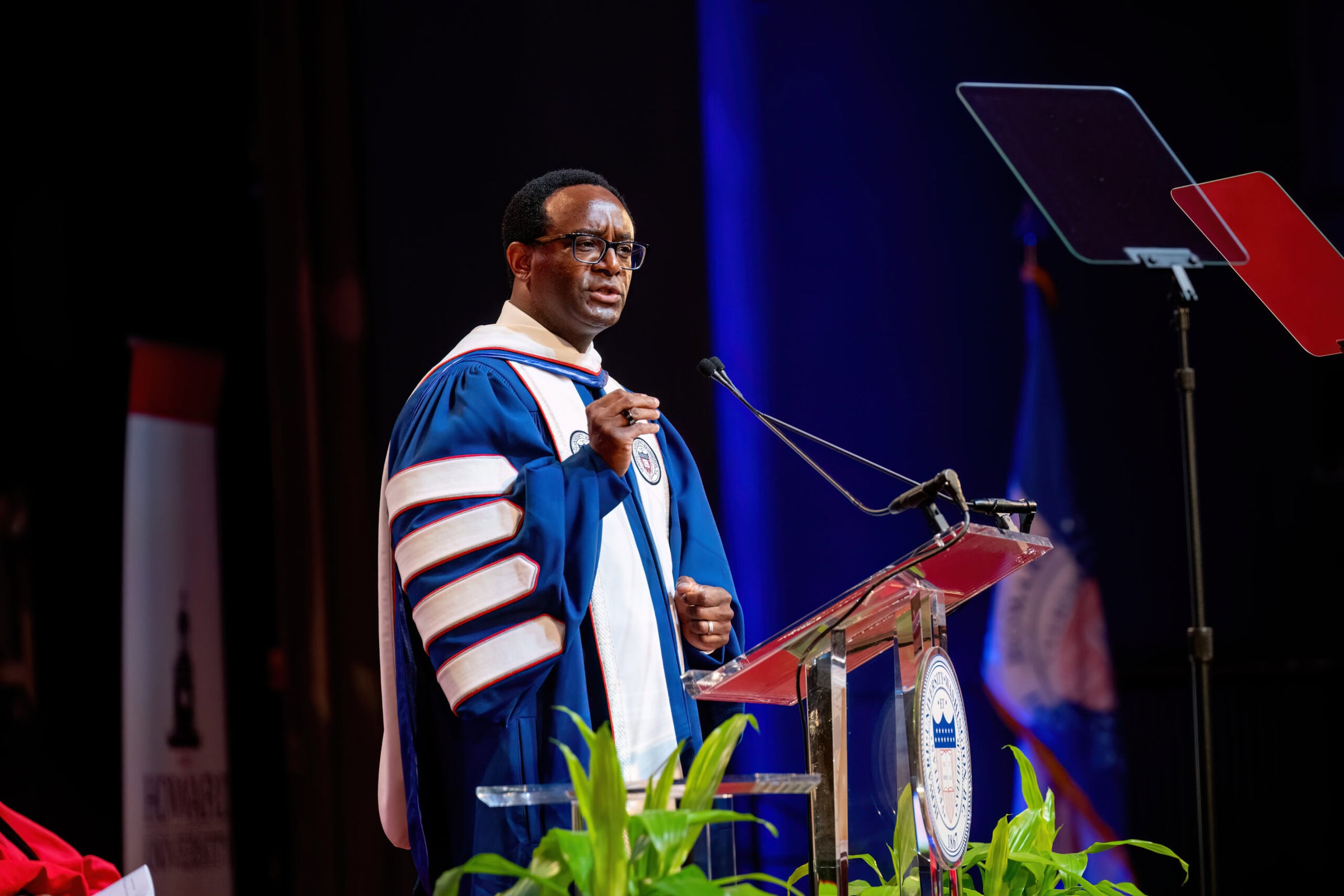In my last column, I criticized historical professionalism for the ways it can tempt us to define too narrowly the circle of colleagues who share the work of studying and interpreting the past. I argued that the habit of talking mainly with other experts all too often encourages members of a profession to lose track of their public audiences, which can in turn render our work incomprehensible and boring to outsiders.
This month, I want to approach the same question from the opposite direction, by pondering the virtues and vices of amateur history. As I noted in my February column about Wikipedia, we are living in a golden age for antiquarians and amateur historians. Never before has it been so easy for individuals who share a passionate interest in some aspect of the past, no matter how obscure, to network, trade knowledge, publish findings, and support each other’s work. If you don’t believe me, try googling any topic you suspect might be of antiquarian interest. Roman coins? Civil War battlefields? Your family’s surname coupled with the word “genealogy”? No matter what you enter, you will likely be sent to a crazy-quilt array of noncommercial sites maintained by hobbyists—along with dot-com sites for businesses selling information or artifacts to such hobbyists.
Among professional historians, the word “antiquarian” has carried pejorative connotations for a long time. To describe a work as “mere antiquarianism” is to condemn it for being excessively focused on minutiae with little concern for context or significance. Antiquarians are so passionately obsessed with their subject that all its details are equally fascinating. An antiquarian in this caricatured depiction is someone you wouldn’t want seated next to you on a long airplane flight, nattering endlessly about his or her subject without noticing your lack of shared interest. The underlying problem is audience, for boredom, like beauty, is very much in the eye of the beholder. If members of the public are sometimes bored by the work of professional historians, then professional historians are often bored by the work of antiquarians.
Amateur history can make professionals uneasy in other ways as well. The longstanding public enthusiasm for biography arises from—among other things—a desire to experience vicariously the lives of famous men and women in the past. Although professional scholars sometimes produce superb biographies, their goal in so doing is generally to place an individual life in its larger context, making that person the vehicle for understanding an era. Beyond biography, many of the historical experiences that amateur enthusiasts seek out when touring old houses or battlefields or other famous sites are entangled with memories and myths that are precisely what professional scholars subject to intensive critical scrutiny. Similarly, historical fiction, for which the public’s appetite is enormous, almost always crosses a line into an imagined past that violates some of the most essential canons of evidence on which the modern discipline of history has been constructed. And so on and on.
Does all this mean that professional and amateur historians must forever be at war with each other? I don’t think so, and believe we would do well to look for ways of building bridges between them as history migrates ever more fully into the digital world of web sites, blogs, e-books, YouTube videos, and smartphone apps.
Here, it helps to remember the origins of the word “amateur,” which like “antiquarian” has carried negative connotations in English ever since it first entered the language in the 18th century. To be “amateurish” in this negative sense is to lack professional skill, and to produce poor, unpolished, unsophisticated work that professionals would be embarrassed to claim as their own. Amateurs in this usage are superficial dilettantes and dabblers, unwilling to do the hard work of attaining true mastery of their subjects.
But there is a much older set of meanings attached to this word, and they are the ones that were on my mind when I chose the title for this essay. The English word “amateur” derives from a French word with identical spelling but a more positive range of meanings. English retains these positive connotations most especially when describing amateur sports. Thus, we used to celebrate Olympic athletes for their refusal to accept payment for the extraordinary efforts they make to reach the highest pinnacles of human achievement in their chosen competitions. In this usage, the amateur is no less skilled than the professional, and is honored even more because that skill was acquired without financial incentives. In this, we glimpse the oldest linguistic root of the word amateur, which is the Latin amator, “lover,” which derives in turn from amare, “to love.” Understood in light of this most ancient meaning of the word, amateurs are those who pursue their interest not for money but for love.
I very much doubt that professional historians would be willing to cede ground to amateurs on this definition, for we too love history and certainly did not enter this line of work with any expectation of becoming wealthy. So maybe the challenge we face is to work together to extend the range of things we all love about the past, and try to help members of the wider public fall in love for the same reasons we did. (Please understand: I’m not suggesting that everything about the past is lovable—quite the contrary—but that even past oppressions and injustices are fascinating to study and can offer vital lessons for the present.) Part of what’s needed is for professional historians to remember and respect the enthusiasms of amateurs, for many of us began our backward journeys in much the same way. There is nothing wrong in empathizing with past lives, any more than there is in feeling excitement and wonder when visiting places that loom large in past narratives.
For their part, professional historians would say that the love of history benefits from more refined pleasures as well: an appreciation for the documents and artifacts whose discovery and interpretation provide the foundations for all historical knowledge; an awareness that historical understanding emerges always at the meeting place between present questions and past sources; a willingness to engage in discussions (and sometimes heated debates) with those who share one’s knowledge of the past but not necessarily one’s present perspectives; and a recognition that no moment in the past ever exists in isolation from the nearly infinite contexts that make history so rich with contested meanings. If we wish to encourage our amateur colleagues and members of the general public to join us in more sophisticated conversations about the past, we cannot just insist on the importance of these perspectives, but must also make them as compelling as the more immediate pleasures that often serve as gateways for falling in love with history in the first place.
I often tell my students that there are two fundamentally competing orientations for approaching history. The first begins with that most basic of questions: “How did things get to be this way?” It can launch countless stories in which an otherwise unremarkable feature of the present (or, alternatively, a subject of intense contemporary concern) becomes far more explicable and intriguing when seen in light of the past lives, actions, and ideas that contributed to its creation. My own experience as a teacher is that this is often the best way to introduce history to young people, whose relative inexperience and lack of knowledge often make the past feel remote and inaccessible.
But as my professional colleagues all recognize, “how did things get to be this way?” is a profoundly presentist question, placing us always at risk to imagine that people in the past existed only to become us. Nothing could be further from the truth: they existed to be them, and had no idea that the journeys they were on might eventually contribute to the world we now inhabit. (The same, of course, is true of our own relationship to the future.) That is why an equally essential approach to the past is captured by the eloquent opening line of L. P. Hartley’s novel The Go-Between: “The past is a foreign country; they do things differently there.” For professionals and amateurs alike, once one has fallen in love with the past, exploring its myriad differences from the present becomes one of history’s greatest pleasures.
Given how easily presentism can encourage us not to meet the past on its own terms, I suspect that most professional historians view “the past is a foreign country” as a more reliable way to approach history than “how did things get to be this way?” But in truth, we need them both. The one perennially reminds us of what we ourselves owe to the past, while the other cautions that we must never take the past for granted as a mere reflection of ourselves. Both are essential if the backward journey in time is to continue the compelling hold on human imaginations that sustains the love of history for amateurs and professionals alike.


